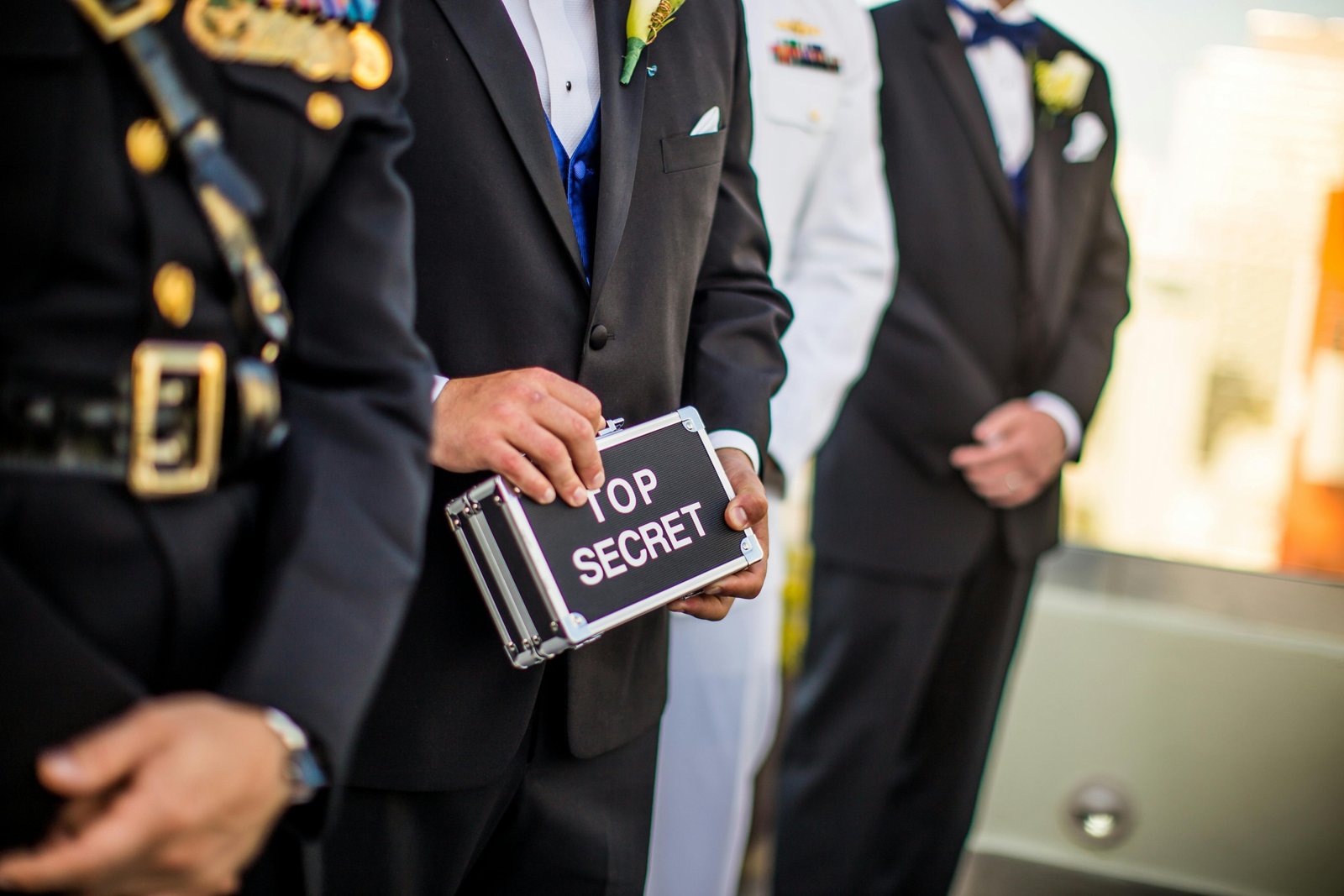Many personnel wonder what is not true about dod travel policy. The Joint Travel Regulations (JTR) are vast and complex. Consequently, rumors and myths spread quickly among service members and civilian employees. This article aims to set the record straight. We will debunk the most common misconceptions to help you navigate your next official trip with confidence.
Myth 1: You Automatically Receive the Full Per Diem Rate
A common belief is that the government pays you the full daily per diem amount, no matter what you spend. Therefore, many think they can simply pocket the difference.
The Facts About Per Diem
This is a significant misunderstanding. Per diem is a maximum allowance, not a flat payment. It covers lodging, meals, and incidental expenses (M&IE). However, you are reimbursed for your actual expenses up to this limit. For instance, if the government provides meals, your M&IE rate is reduced accordingly. You must also provide receipts for lodging to get reimbursed for the actual cost.
Myth 2: Personal Leave During a TDY is Strictly Forbidden
Some travelers believe they must stick rigidly to the mission. They think taking personal leave during a temporary duty (TDY) assignment is not allowed. As a result, they miss opportunities to explore a new location.
The Reality of Combining Leave and TDY
Combining personal leave with official travel is actually permitted. However, it requires prior approval from your authorizing official. Furthermore, you are responsible for any costs incurred during your leave period. The government will only pay for travel costs that would have been incurred for a direct route. Any detours for leisure are on your own dime.
What is not true about DoD travel policy regarding the GTC
The Government Travel Card (GTC) is often seen as the only payment method allowed for official travel. This leads to confusion when a vendor does not accept it or for small incidental purchases.
Understanding GTC Usage
While the GTC is the preferred method for official expenses, it is not always mandatory for every single purchase. Major costs like airfare and hotels should certainly go on the GTC. However, there are exceptions. For example, some costs might be centrally billed. Additionally, a traveler might be authorized to use personal funds for certain expenses and claim reimbursement, though this is less common.
Myth 4: You Are Forced to Book the Absolute Cheapest Lodging
Finally, a widespread myth is that you must select the absolute lowest-priced lodging available. This can cause concern about factors like safety or practicality, especially in unfamiliar areas.
How Lodging Selection Really Works
The policy emphasizes being fiscally responsible. Nevertheless, it does not force you into an undesirable option without considering other factors. The JTR allows travelers to select lodging that is safe, adequate, and reasonably priced. If a slightly more expensive hotel is closer to the duty location, thus saving on transportation, it could be approved. Mission requirements always come first.
Navigating DoD Travel with Confidence
Understanding the nuances of DoD travel policy is crucial for a stress-free trip. By busting these common myths, you can plan your travel more effectively. Always remember that the JTR is the ultimate source of truth. Consequently, when in doubt, consult the official documentation or your designated travel office. This will ensure your trip is both smooth and compliant.



